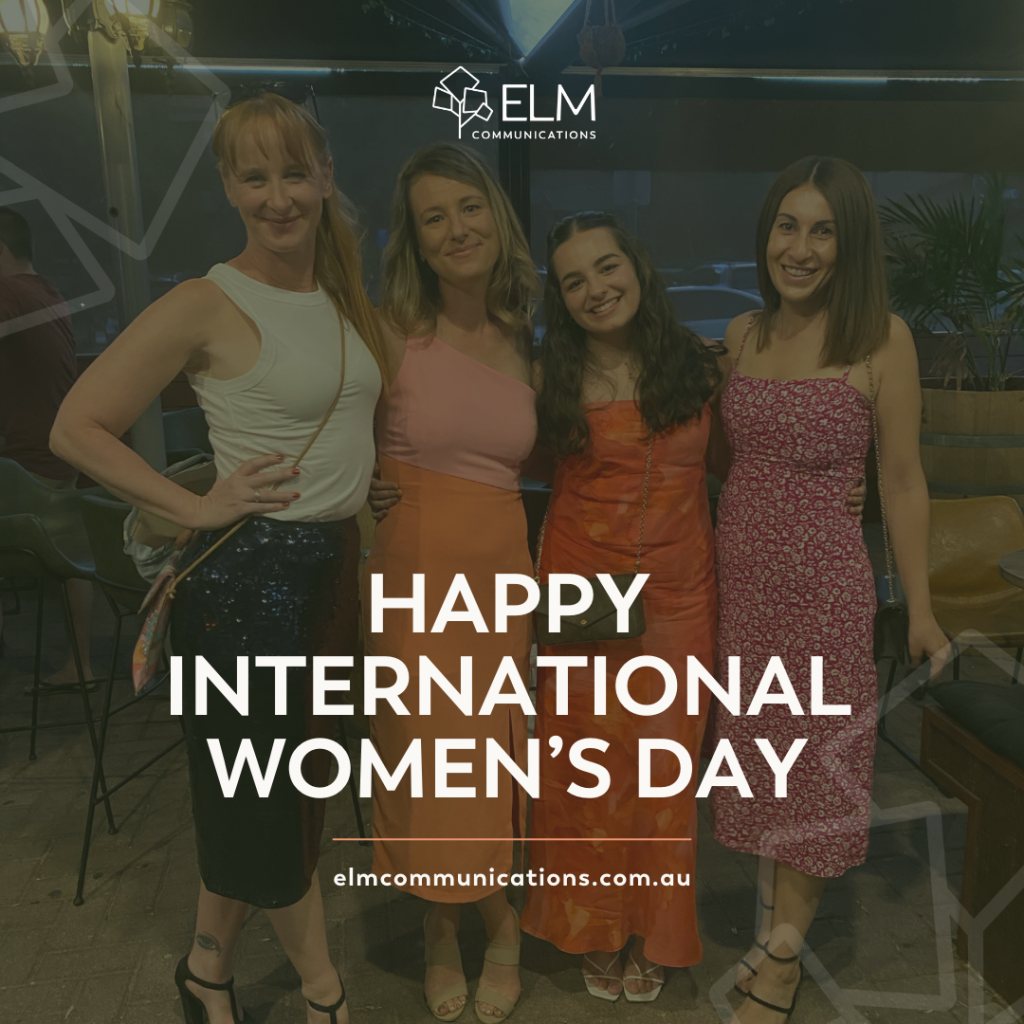Dismantling the Pink Ghetto in communications
This wasn’t the blog post I had planned for this week. In fact, you could say it practically wrote itself (and no I don’t mean AI – this is very much all me).

It all started with a really touching International Women’s Day LinkedIn post from our Director, Melanie, last week where she mentioned communications is a “female-dominated industry”. A simple statement, and while I have always seen this as a good thing because, well, women are amazing, it weirdly struck a nerve. Sure, I had always been aware of the gender balance—or imbalance, rather—in our field. But it never really occurred to me to question why?
Maybe it’s because I have many male friends thriving in the same industry, and this fact had somewhat obscured the need for further inquiry – until now.
So, fuelled by curiosity (and maybe a touch of outrage as I continued to overthink this simple statement), I did what any self-respecting millennial would do while having an existential crisis in the middle of the night instead of sleeping: I turned to Google. My search for “why is communications a female-dominant industry” sent me down a rabbit hole of articles and Reddit threads (like this one). And let me tell you, I did not like what I found.
Two words: Pink Ghetto.
If you recognise the term, you understand my fury. Simply put, this so called Pink Ghetto refers to fields where women are heavily concentrated, often in undervalued positions. It’s a place where the skills we bring to the table – communication, empathy, emotional intelligence – are seen as feminine and somehow that means they’re less valuable than their “hard skill” counterparts in traditionally male-dominated fields.
Here’s the thing: communications really is a field brimming with brilliantly talented women. But within this seemingly empowering statistic, lies a more complex reality. We enter this industry in droves, drawn to idea of impactful change with an emphasis on collaboration, creativity, and storytelling. And yet these very skills we should be proud of are considered “soft skills” or “pink skills” – two terms often used to downplay the strategic power of communication – two terms which contribute to a phenomenon known as the Pink Ghetto.
The brutal reality is that statistics show men dominate senior roles, and on reflection, sadly echoes my own lived experience. Yes, there have been many brilliant men in my career; some have shaped to the person I am today. But so often, the emotional labour of team management, planning, and coordination falls on the women’s shoulders. We lay the groundwork, while credit often flows elsewhere – it’s subtle, but the inequality is there.
While IWD has passed, the need for action remains. Let’s not let this conversation fade, and just like any good piece of communication, I have a call to action: to acknowledge these realities and work towards solutions. So, what can we all do to be part of the solution?
Well for starters, no more of this “soft-skills” BS. As professionals we need to be out there advocating for our craft and framing communications skills as the essential strengths they are: strategic thinking, relationship building, creating meaningful change. These are the cornerstones of effective leadership in any industry.
Senior professionals in this business: please continue to actively mentor your junior colleagues, advocate for their advancement, and provide leadership opportunities. Implement fair and transparent recruitment practices, regardless of if your organisation is big or small. Maybe even consider implementing training in unconscious bias to ensure fair opportunities for promotion and leadership roles.
Having policies that support flexible work arrangements and parental leave should also be standard. Nobody works harder than a parent and these practices are especially crucial for retaining women’s talent and leadership potential. If you didn’t know this was an issue, just take a look at some of the stats our good friend Samantha Sutherland shared on LinkedIn last week.
Let’s not simply acknowledge these systemic issues but actively work towards creating a more equitable and inclusive industry for all. Let’s dismantle the ‘Pink Ghetto’ together, paving the way for a future where every individual’s skill and contribution are valued equally, regardless of gender.
It’s time for change, and it begins with each of us taking a stand.
I’d like to keep this conversation going – just ask my colleagues, I haven’t stopped talking about this all week! So, please share your ideas, thoughts and experiences in the comments below.

